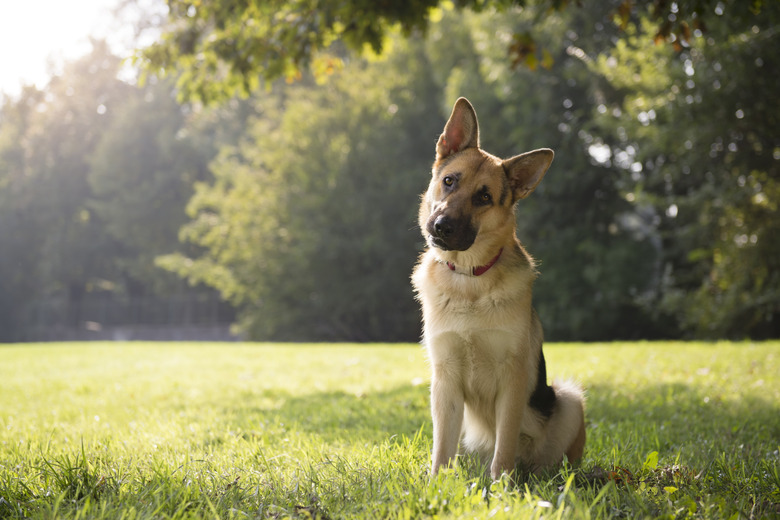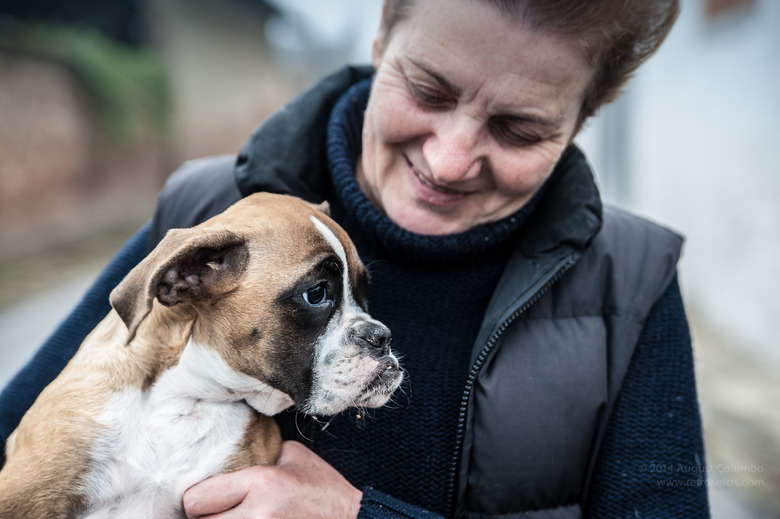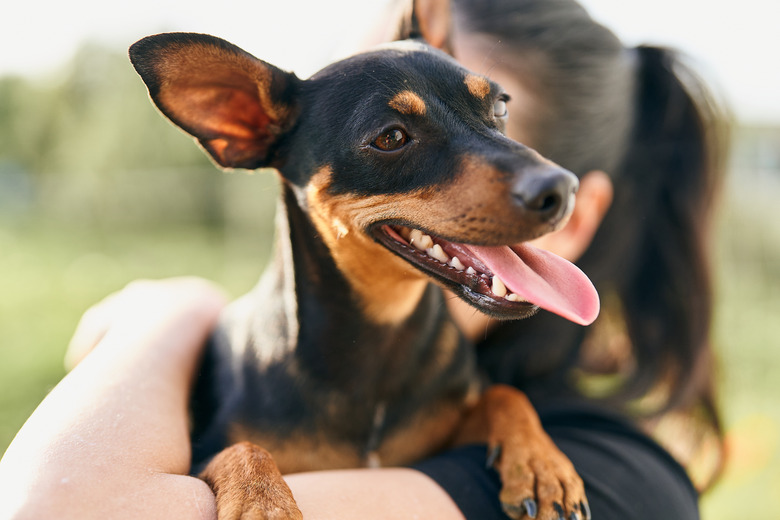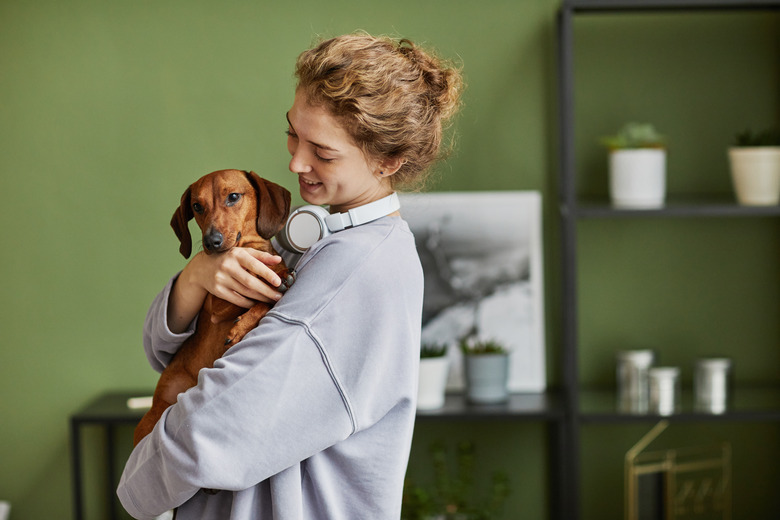Symptoms Of A Dog Dying From Parvo
Parvo is the common name for the highly contagious viral disease caused by canine parvovirus (CPV). It is contracted from the feces of infected dogs and can be transmitted via shoes, clothing, car tires, other animals, food and water bowls, yards, and pavement. It can kill dogs rapidly — they can die within two or three days after the onset of symptoms — so it's important to recognize symptoms of parvo, including near-death signs of parvo. Survival depends on quick diagnosis and immediate treatment.
What is parvovirus?
What is parvovirus?
Canine parvovirus is an extremely contagious virus that affects the gastrointestinal (GI) tract of unvaccinated dogs and incompletely vaccinated dogs, particularly young ones from 6 weeks to 6 months of age. Older dogs can also contract parvo.
Any breed can be affected by parvo, but breeds that are more susceptible are:
- Rottweilers
- German shepherds
- American pit bull terriers
- Dobermans
- English springer spaniels
Parvo damages the intestinal lining, preventing normal absorption of proteins and fluid. Fluid loss from vomiting and diarrhea quickly leads to severe dehydration, often causing rapid weight loss and weakening of the animal before the immune system can fight the virus. The tissue around the eyes and mouth can become red, the heart beats too rapidly, and the pulse is poor. The dog may or may not have obvious abdominal pain.
Symptoms of parvo in dogs
Symptoms of parvo in dogs
The initial symptoms usually appear five to seven days after being infected, but they can also occur sooner or later. Common symptoms of parvo are:
- Lethargy
- Lack of appetite
- Fever or a low body temperature
- Vomiting
- Bloody diarrhea or diarrhea without blood in it
- Abdominal pain, which may not be obvious
- Bloating
Sometimes, these symptoms don't occur all at once. Your puppy may initially just seem lethargic and not interested in eating. If something seems off with your dog, see your veterinarian right away.
Other gastrointestinal illnesses, such as intestinal parasites, can produce some of the same symptoms that parvo does. Fecal tests can determine if parvovirus is present. Bloodwork that includes a blood cell count and chemistry can help determine how severely parvovirus is affecting your pup.
How do I know if my puppy is dying from parvo?
How do I know if my puppy is dying from parvo?
Near-death signs of parvo are having trouble breathing, severe weakness or collapse, and losing consciousness. Dogs who are not vaccinated (especially young puppies) or who are in the process of getting their DA2PP puppy series of vaccines are the most prone to getting parvo. These dogs should be seen by a veterinarian at the first sign of any illness.
How long does parvo last?
How long does parvo last?
The symptoms of parvo usually last about one week. Even though a pup may recover, they will still be shedding the virus in their stool for about 10 days after symptoms resolve. In fact, they start shedding the virus even before symptoms appear.
What are the chances of a puppy surviving parvovirus?
What are the chances of a puppy surviving parvovirus?
The survival rate of treated dogs is 70 percent to 90 percent, underscoring the importance of timely and proper care. If left untreated, the mortality rate of parvo is over 70 percent. Chances of survival also depend on how old an affected dog is and if they have other illnesses. Sometimes in severe cases of parvo, despite a quick diagnosis and intensive care, some dogs won't make it.
Treatment usually consists of intravenous fluids to correct electrolyte imbalances and to keep the dog hydrated, anti-nausea injections, pain medication, and antibiotics. Even though parvo is a virus, antibiotics are used because when the intestinal lining is damaged from severe inflammation, gut bacteria can leak into the bloodstream.
How to prevent parvovirus in dogs
How to prevent parvovirus in dogs
Puppies and adolescent dogs have the greatest risk of infection, as their immune system is not fully developed. Puppies are best kept away from dog parks and areas where they can come into contact with other dogs or their poop. Puppies should be initially vaccinated against parvo when they're 6 to 8 weeks old. They should receive a booster shot every three to four weeks until they are at least 16 weeks of age.
The bottom line
The bottom line
Canine parvovirus is a contagious viral infection that attacks the intestinal tract. The initial symptoms can be nonspecific, such as lethargy, loss of appetite, and fever. But very quickly, dogs develop vomiting and severe diarrhea, usually with blood. Infected dogs require intensive care. Unvaccinated dogs and young dogs who are not completely vaccinated are at risk. Breeds such as German shepherds, pit bulls, Rottweilers, Dobermans, and English springer spaniels have an even greater risk of infection. Following a proper parvo vaccination schedule and keeping your pup out of public places while they're still not fully vaccinated will help prevent them from getting parvo. A puppy with any signs of illness should be seen by a veterinarian immediately.




